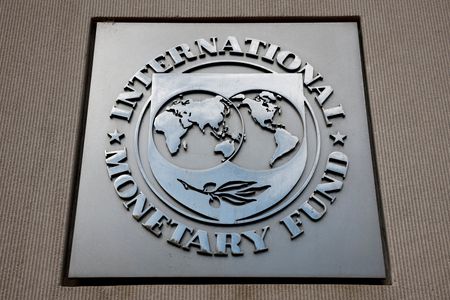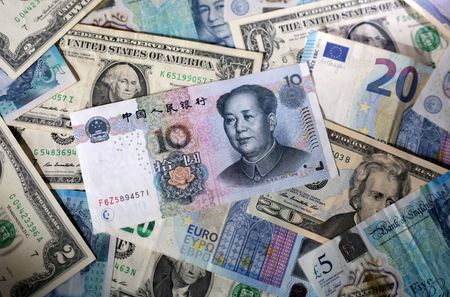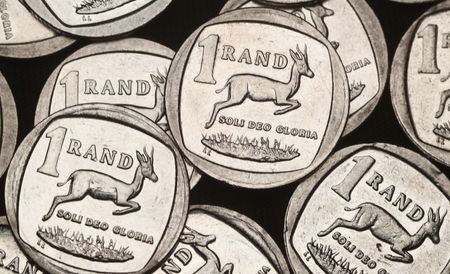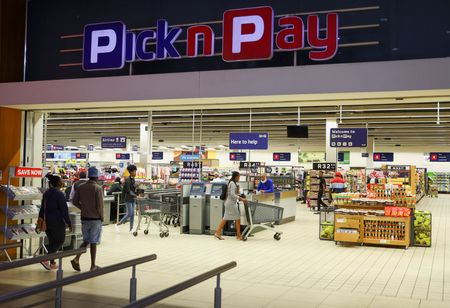By Arathy Somasekhar
HOUSTON (Reuters) -Oil prices held steady on Monday as hopes of a trade deal framework between the U.S. and China and renewed U.S. sanctions on Russia offset broader concerns about weak oil demand.
Brent crude futures were up about 14 cents, or nearly 0.2%, to $66.08 a barrel at 11:30 a.m. ET (1538 GMT). U.S. West Texas Intermediate crude futures were up 22 cents or 0.4%, to $61.74. Both contracts fell around 1% in early trade.
U.S. Treasury Secretary Scott Bessent said on Sunday that U.S. and Chinese officials had hashed out a “substantial framework” for a trade deal that could avoid 100% U.S. tariffs on Chinese goods and achieve a deferral of China’s rare-earth export controls in trade discussions this week.
This boosted global stocks on Monday, while safe-haven gold and bonds retreated, along with oil. [MKTS/GLOB]
“Crude futures are taking a breather from last week’s steep rally as President Trump is meeting with Chinese President Xi and staff for trade negotiations on Thursday to hopefully finalize most differences,” said Dennis Kissler, senior vice president of trading at BOK Financial.
The United States hit Russia’s major oil companies with sanctions on Wednesday, which could hurt Russia’s oil exports if enforced and be a positive for crude prices, Kissler added.
“While the futures market has added in additional trade with China and less crude exports from Russia, traders remain cautious as to how much this will actually affect global supplies,” Kissler said
DEMAND CONCERNS WEIGH ON OIL
Concerns over lacklustre demand have weighed on the market, with Brent falling to its lowest since May earlier this month, but renewed sanctions on Russia from the U.S. along with stronger-than-expected U.S. demand have helped buoy prices.
“The hope for bulls is that U.S. consumption continues to recover, otherwise it seems the drift lower seen so far today is likely to intensify,” said Chris Beauchamp, chief market analyst at IG Bank.
Meanwhile Iraq, the OPEC group’s biggest overproducer, was in negotiations over the size of its quota within its available capacity of 5.5 million barrels per day, oil minister Hayan Abdel-Ghani said at an oil conference on Monday.
OPEC and its allies have changed course this year by reversing previous production cuts to regain market share, helping in part to keep a lid on oil prices.
The fire at Iraq’s Zubair oilfield on Sunday did not impact exports from the country, the country’s oil minister added.
Last week, Brent and WTI rose 8.9% and 7.7%, respectively, on U.S. and EU sanctions on Russia.
“There are likely some continued challenges for Russian oil to enter the market, but it depends on how sanctions will be enforced,” said Rystad analyst Janiv Shah.
(Reporting by Seher Dareen in London, Sam Li and Colleen Howe. Editing by Chizu Nomiyama and Mark Potter)










